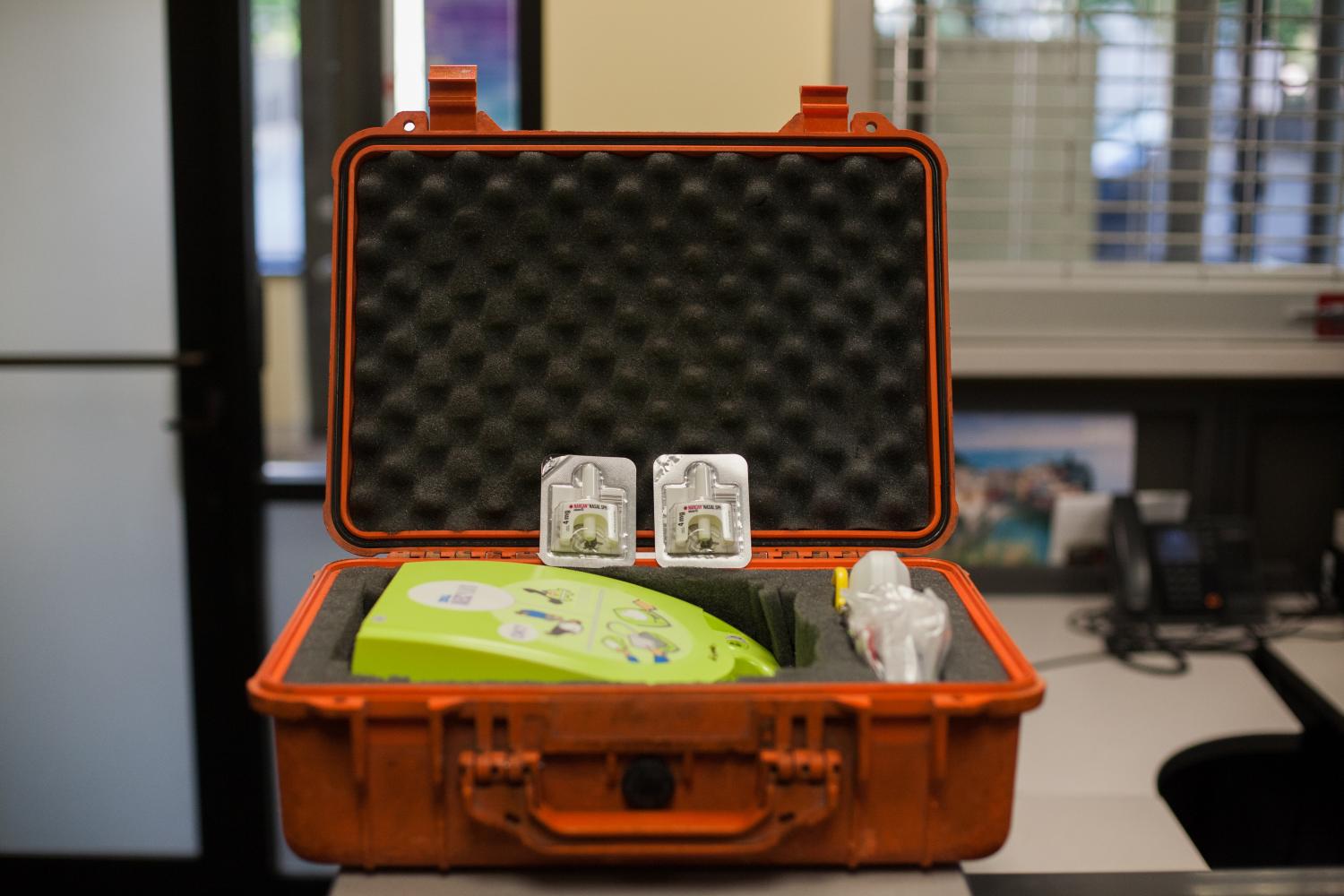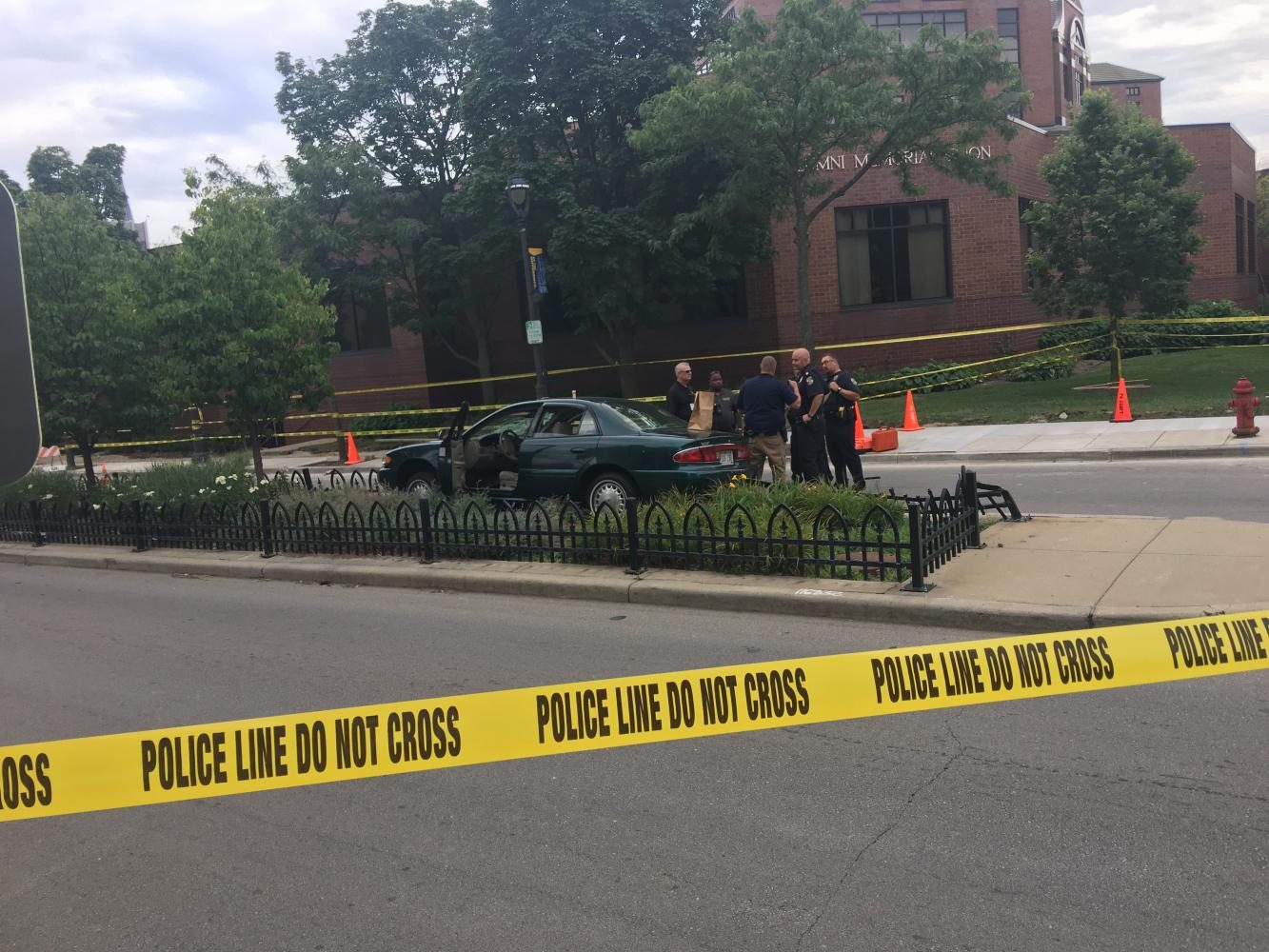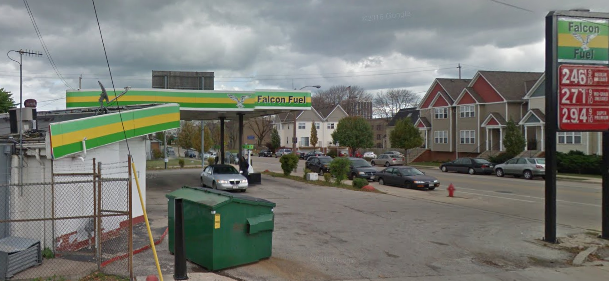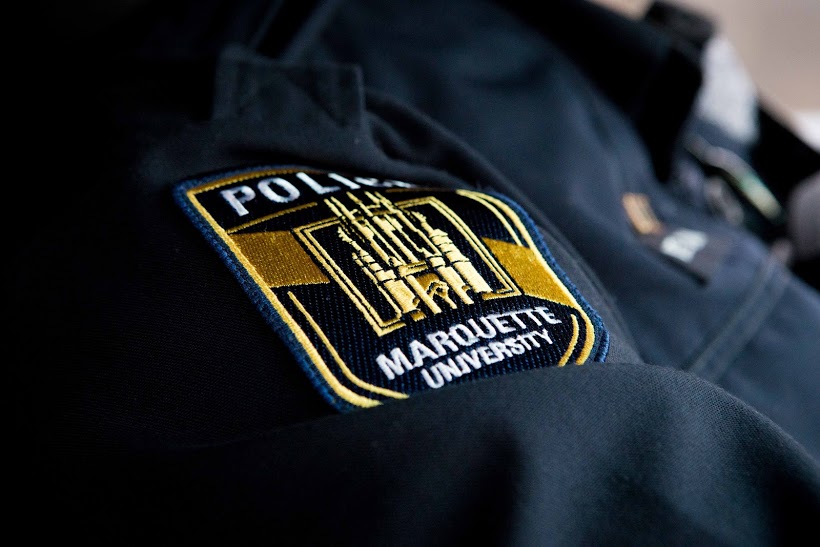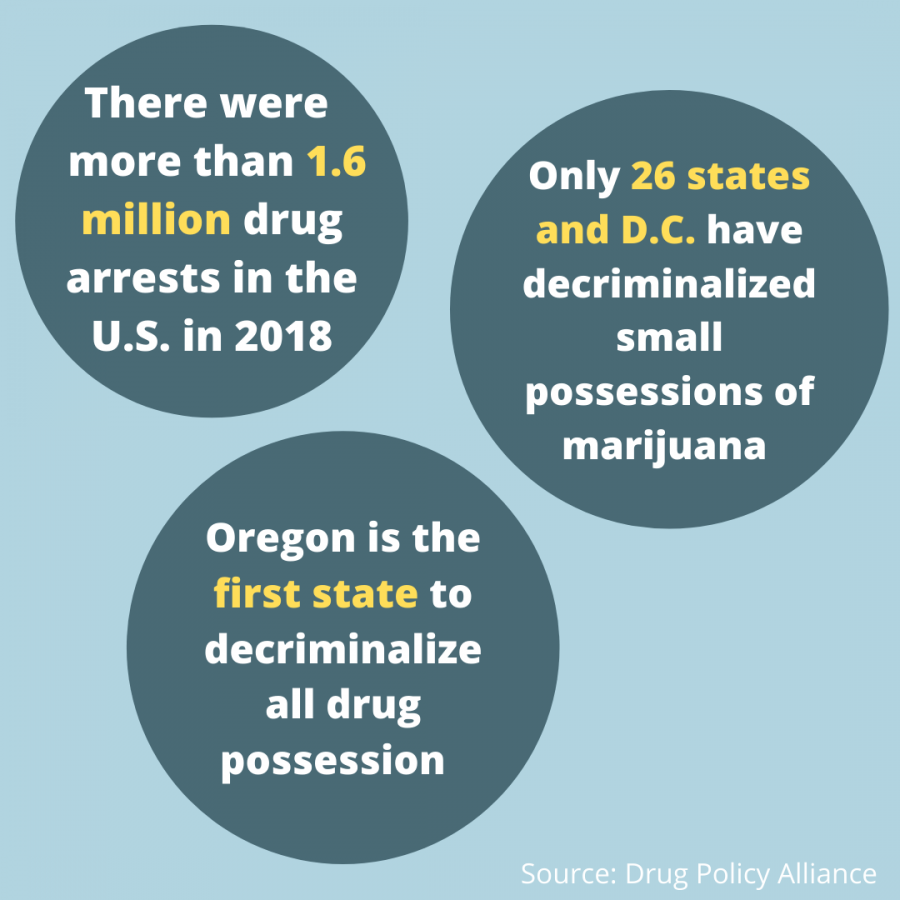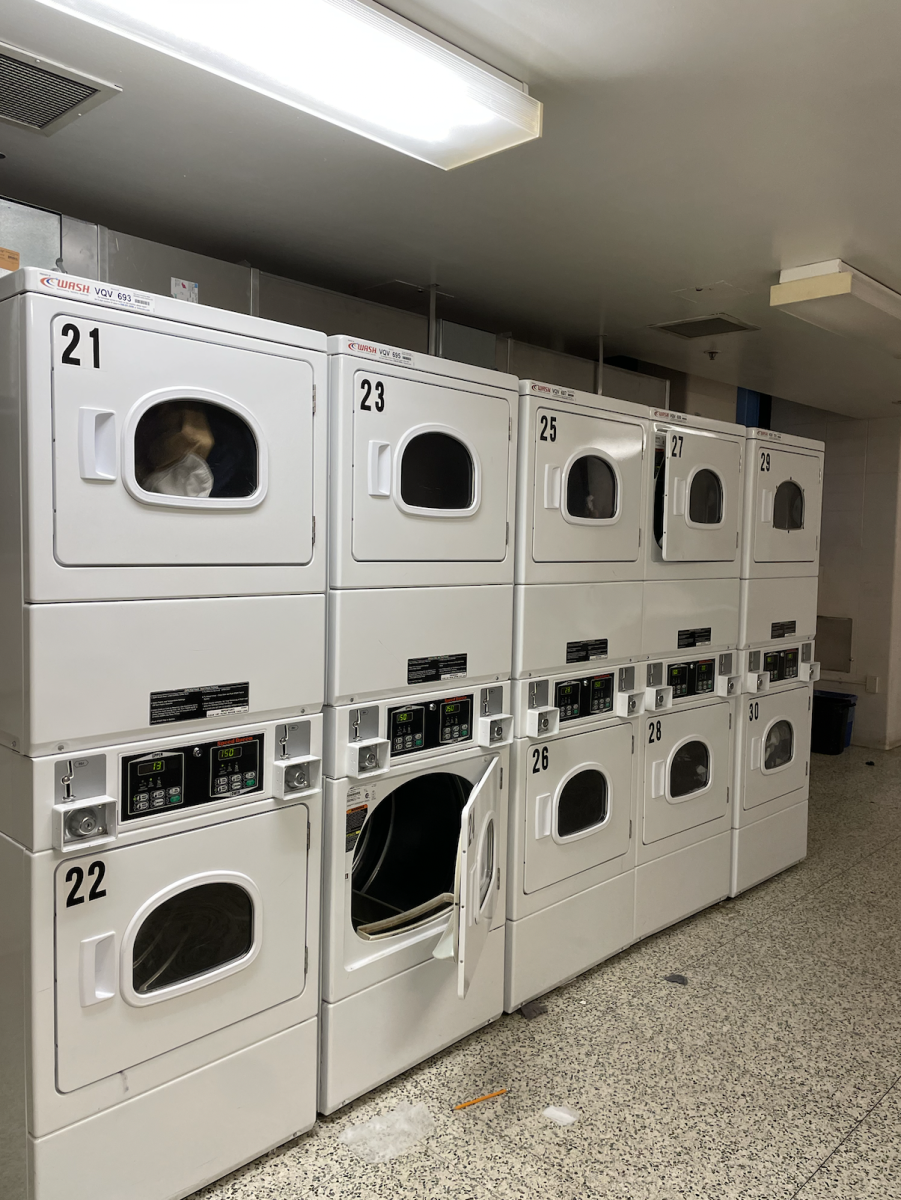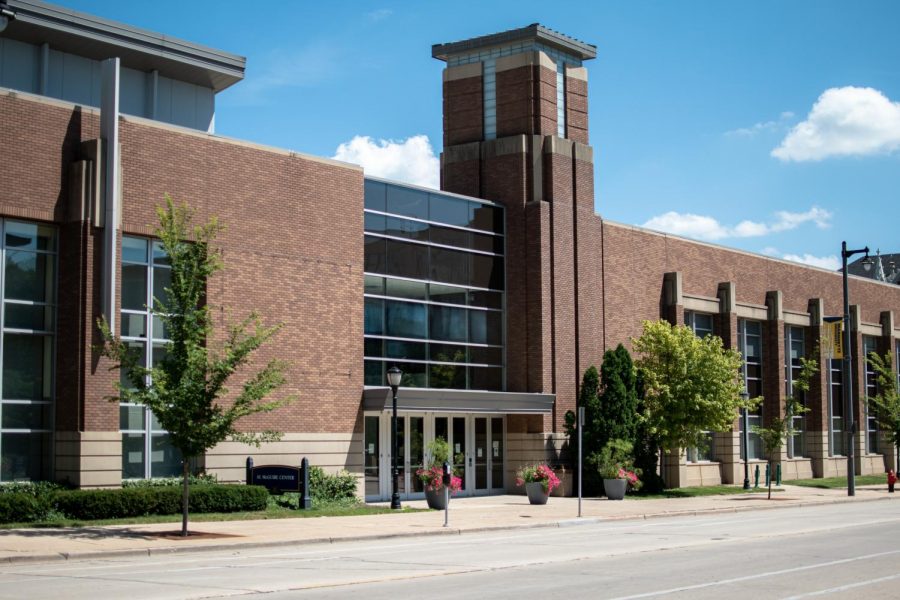It was just a regular afternoon on patrol for Marquette University Police Department Officer Paul Zientek when he noticed a young woman sitting in her car who appeared to be asleep.
He circled the 2400 block of Wisconsin Avenue and noticed she was still there, slumped over. Zientek stopped and called for backup immediately when he recognized the signs; the young woman had overdosed on heroin in her car.
“She had track marks on her arms, hands and in between her toes. She had a bag of needles on the ground … as well as a rubber band which heroin users often have to tie their arm and find a vein,” said Zientek. “After 26 years on the Milwaukee Police Department, I recognized the situation all too well.”
If Zientek had not stopped to administer first aid when he did, it is likely the woman would have died, due to the large amount of heroin in her system. She was given Narcan (naloxone hydrochloride), the drug used to immediately treat heroin overdoses, via nasal spray.
“We (MUPD) received training towards the end of last spring semester in April on administering Narcan, and now we carry in in our AED kit and in a few squad cars,” said Captain Jeff Kranz.
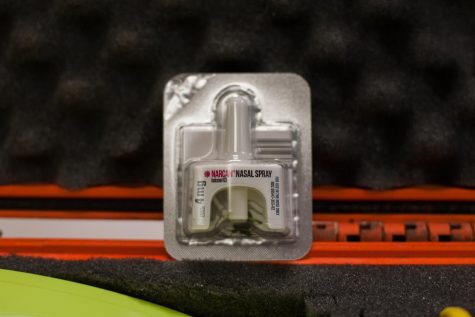
A container of Narcan nasal spray.
The woman was given two doses of Narcan, but according to Zientek, it usually doesn’t take more than one dose before the individual becomes alert.
In this case, she did not show signs of becoming responsive until after the Milwaukee Fire Department arrived and administered another dose. In the end she was given a total of four doses to keep her awake before she was transported to Aurora Sinai Hospital.
Zientek went with the woman to the hospital to bring her personal items, although her drug paraphernalia was confiscated. The woman briefly mentioned to Zientek that she had a relapse, and hadn’t used the drug in a while.
“Heroin is a tough one to quit… I see people go to rehab only to come back and relapse more than any other drug,” Kranz said.
Zientek said he has noticed the increase in opioid related incidents over the years. His observation is backed up by a study released by the Center for Disease Control in 2013 that states deaths caused by prescription opioid overdoses have quadrupled since 1999.
The FDA only approved Narcan less than two years ago in 2015, citing prescription drug overdoses as the leading cause of injury death in the United States, surpassing motor vehicle crashes.
Kranz said MUPD had a few of these situations over the years, but this time was different because the officer noticed the woman in her car, whereas usually the police are called in to handle emergencies.
“(Zientek) noticed the signs. It was because of his diligence and observational skills that the woman was able to receive care so quickly and survive,” Kranz said.

